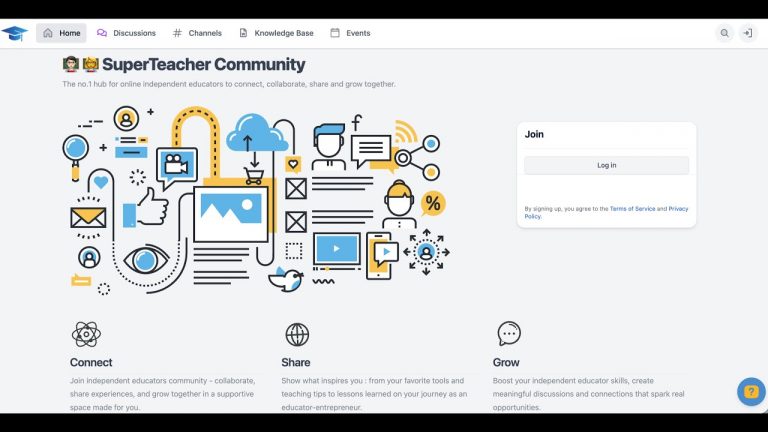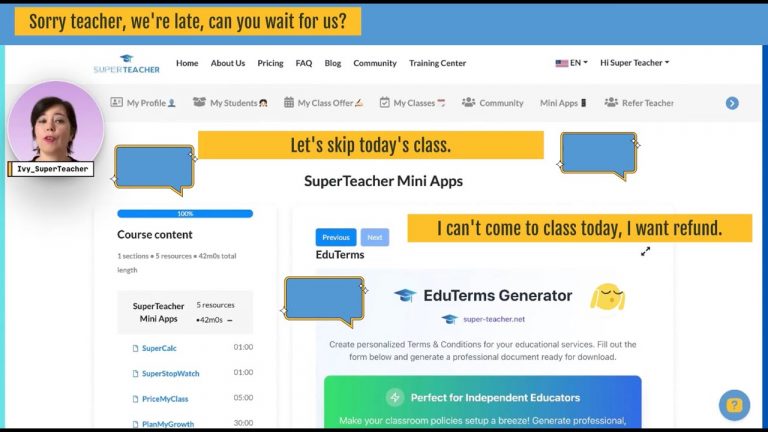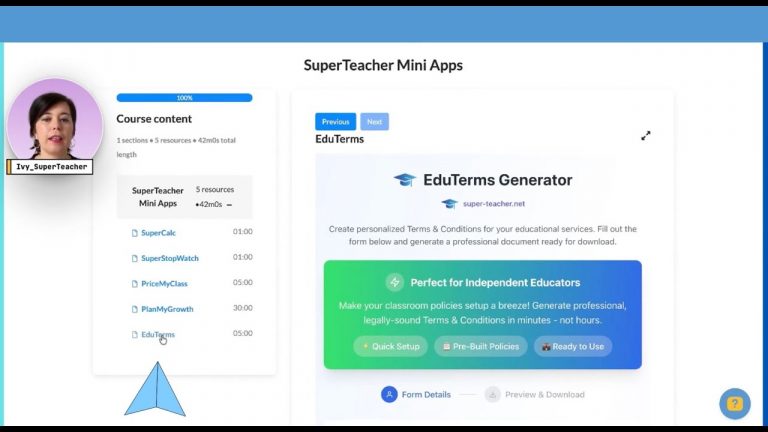
As an independent online educator, your time and effort are valuable. Unfortunately, the online education space can also attract scammers posing as agents who promise leads, students, or classes, only to leave you burned and frustrated. Learning how to identify these scammers and protect yourself is critical to maintaining a professional and successful teaching practice. In this article, We’ll share practical tips on spotting scammers and safeguarding your business.
Why Scammers Target Independent Online Educators
Scammers often try to exploit educators who are eager to grow their student base or expand their reach. They may appear as agents offering leads or guaranteed students, or as representatives promising classes and opportunities. Their goal is usually to extract money, personal information, or time from you without delivering any real value.
Key Signs to Spot a Scammer
Understanding the red flags scammers commonly display is the first step to protecting yourself. Here are some practical indicators to watch out for:
1. Unprofessional Email Addresses
One of the simplest ways to identify a scammer is by their email address. Legitimate agents and businesses typically use professional, domain-specific email addresses (e.g., name@agencyname.com). Be cautious if the person contacts you from a generic email like Gmail, Yahoo, or Hotmail, especially if they claim to represent a company or agency.
2. Inconsistent Information Between Ads and Private Messages
Scammers often post ads with appealing offers but provide conflicting details when you communicate privately. For example, the price, course content, or student demographics might suddenly change or seem vague once you inquire. Always compare the public ad information with what you receive in private messages and be wary if there are discrepancies.

3. Requests to Move the Conversation to Private Messages on Social Media
If someone contacts you in a Facebook group or public forum and immediately asks you to private message them, take caution. Scammers do this to avoid public scrutiny and to pressure you into quick decisions. Legitimate agents are usually transparent and open to discussing details publicly or through official channels.
4. Pressure to Pay Upfront or Share Sensitive Information
Beware of anyone asking for upfront fees, deposits, or your personal banking details before any contract or agreement is in place. Genuine agents typically work on commission or have clear, formal agreements. Never share sensitive personal information without verifying the legitimacy of the person or company.
5. Lack of Verifiable Credentials or Online Presence
Research the agent or company thoroughly. Check for a professional website, client testimonials, or reviews from other educators. If you can’t find any credible online footprint or references, consider this a red flag.

How to Protect Yourself from Scammers
Prevention is better than cure. Here are some actionable steps to avoid falling victim to scams:
- Verify Contact Details: Always confirm the legitimacy of the email address, phone number, and company website before engaging further.
- Ask for References: Request contact information of other educators who have worked with the agent and follow up with them.
- Keep Communications on Official Platforms: Use professional platforms like LinkedIn or official company websites to communicate rather than informal social media groups or chats.
- Trust Your Instincts: If something feels off, take a step back and reassess the situation before proceeding.
- Use Contracts: Always have written agreements detailing the scope of work, fees, and responsibilities before exchanging money or committing.
- Educate Yourself: Stay informed about common scam tactics in the online education space by joining educator forums and groups.
Conclusion
As an independent online educator, your best defense against scammers is vigilance and informed decision-making. Look out for unprofessional emails, inconsistent information, pressure to move conversations into private messages, and upfront payment demands. Always verify the credentials of anyone offering leads or students and keep communications transparent and documented.
By following these tips, you can confidently grow your online education business while steering clear of scams that waste your time, money, and energy.
Frequently Asked Questions (FAQ)
Q: Can I trust agents who contact me through social media groups?
A: Be cautious. Legitimate agents usually have professional profiles and prefer official channels for communication. Always verify their credentials before proceeding.
Q: What should I do if I suspect someone is trying to scam me?
A: Stop communication immediately. Take screenshots, report the person to the platform where you met them and warn other educators in your network.
Q: Is it normal for agents to ask for upfront fees?
A: Generally, no. Most reputable agents work on commission after they successfully connect you with students. Avoid paying upfront fees without a formal contract.
Q: How can I verify an agent’s legitimacy?
A: Research their company online, ask for references, check reviews, and confirm their contact details. Professionalism in communication and transparency are good signs.
Stay safe and happy teaching!



